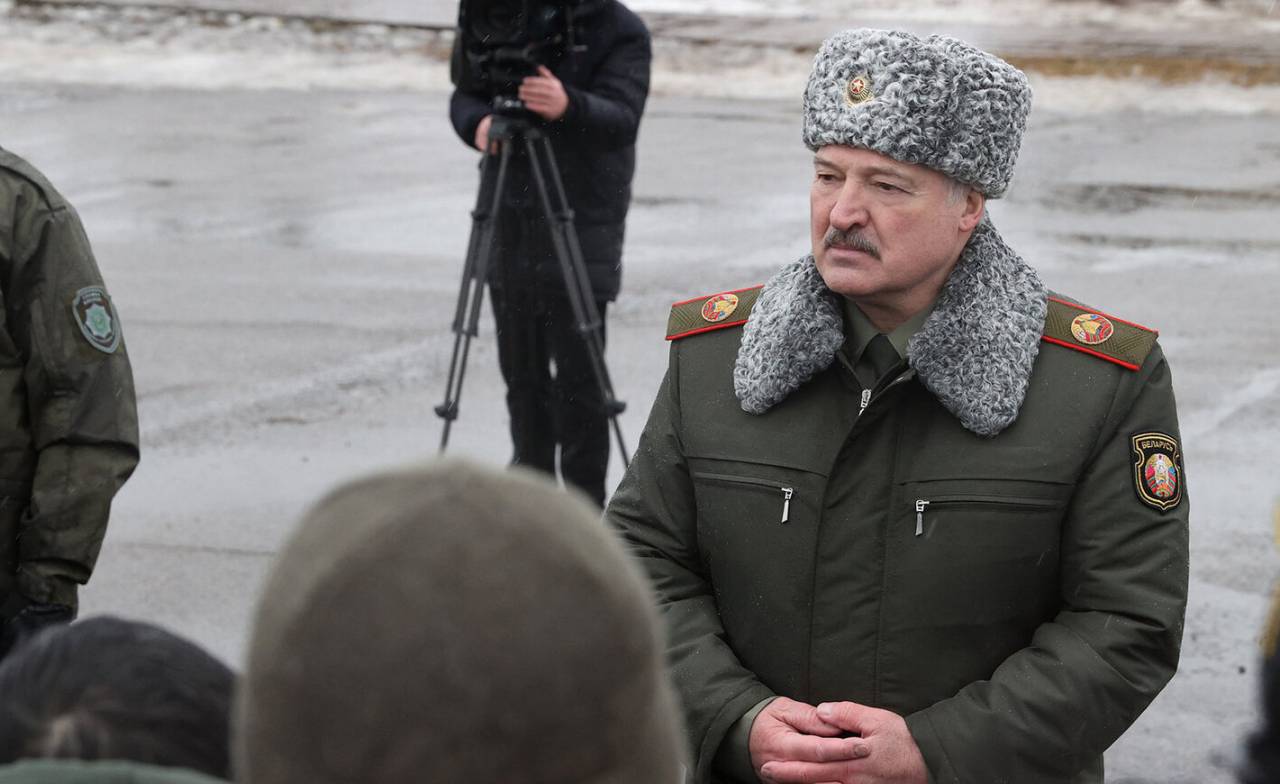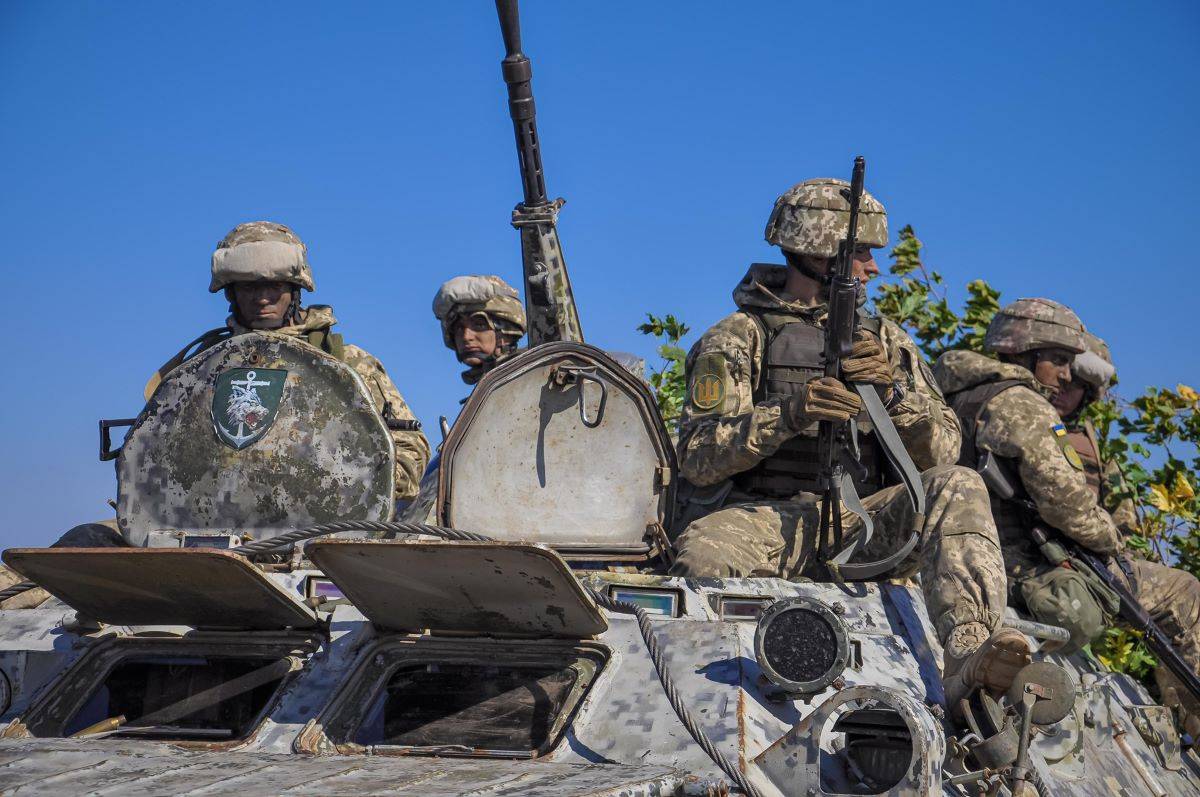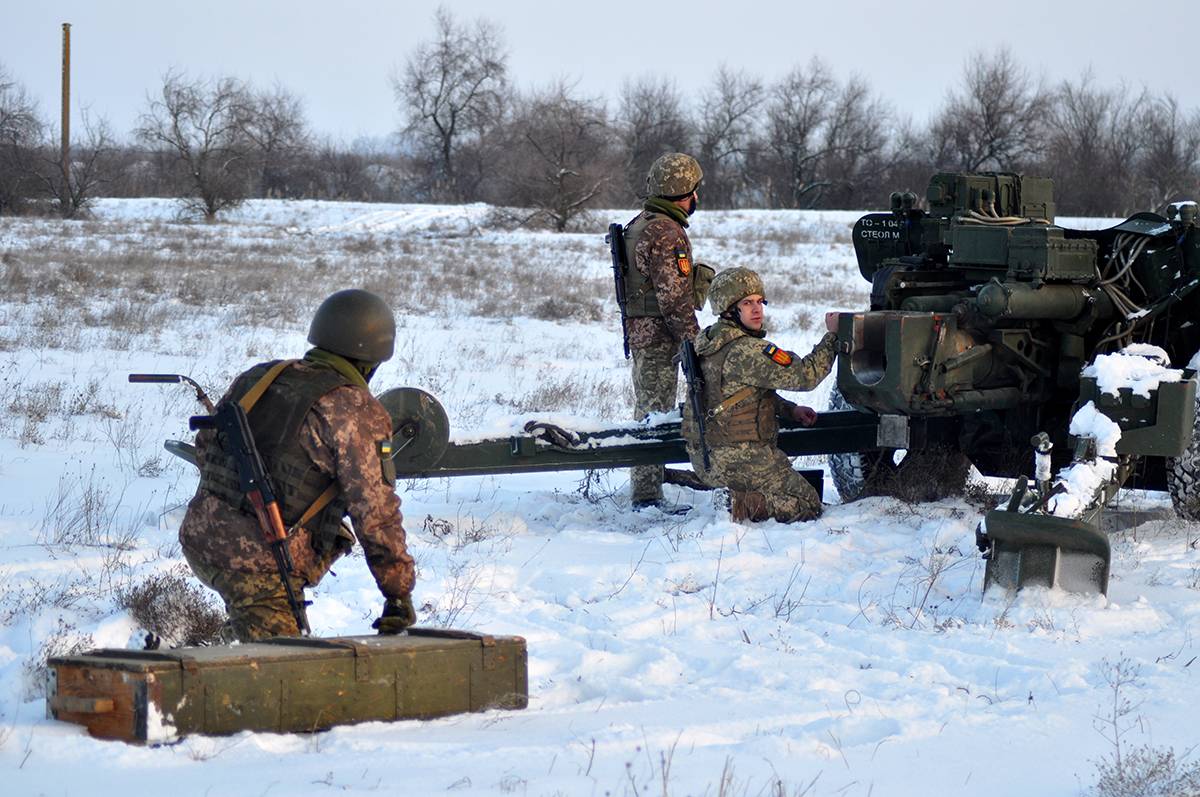But would not solve anything. As the cliche goes; some are more equal than others; Russia's demands can't be totally ignored; it's still a major power and one which has a large nuclear arsenal. As much as NATO would wish for a more 'cooperative' or 'docile' Russia; isn't going to happen anytime soon. As for demanding a return of the Crimea; great in principle but dicey in reality.
Not sure what you mean by "Russia's demands can't be totally ignored"; I suggested Ukraine should offer to stay outside of NATO, this was actually one of the key demands Russia have.
Why would return of Crimea be off the table? If Russia could get guarantees from Ukraine that Ukraine would not join NATO, they should be willing to return Crimea, of course also with a guarantee that they can keep their base there.
It would also be a huge mistake to assume that a future more democratic Russia would be more cooperative and ready to dance to the West's tune; it could be even more assertive than a Russia under Putin.
Not sure what you mean by "ready to dance to the West's tune". Europe and the US are willing to enter a dialog, and find agreements with Russia that can reduce the tensions. European countries in particular are extremely interested in reducing not increasing their defense spending, and return to "business as usual". They did reduce the defense spending after the cold war when Russia was not considered a threat. If Russia is willing to enter agreements that can convince Europe that they are not a threat then Europe will agree to remove troops from Eastern Europe, enter into missile agreements, etc. etc. The NATO buildup we see now is a reaction to Russian escalations and Russian threatening behavior, not the other way around.
Fair enough but the problem with U.S. and Brit intel is that since Iraq; there is quite a lot of public scepticism about how accurate they are. Granted they could not provide more details to protect their sources but ultimately we have no idea as to how credible/accurate they really are. I'm not suggesting that NATO was indulging in misinformation as part of a wider plan to deter Russia [maybe it was?]; merely questioning how accurate/credible the intel was. Also it could have also been intended for a Western audience and not necessarily for Putin.
Head of NATO has confirmed the that intelligence is made public to deter Russia from attacking. He represents all NATO countries not just the US and the UK, thus he is more credible than either US or UK official statements. He would not stay in the job for long if a several NATO countries decided that he did not do a good job. On the contrary NATO has prolonged his contract in the past, and asked him to prolong even further, demonstrating that in overall, NATO countries are very happy with what he is doing.
Another general note; you highlight the divisions within NATO. Keep in mind though that when Russia tried to exploit this by sending letters to several European countries (including non-NATO countries like Finland and Sweden) demanding that each country provide a separate response to Russia's demands. Europe refused to play ball, and sent back one united response to Russia, demonstrating European unity and cohesion. Of course different countries have different opinions. But faced with the current threat from Russia, they decided to speak with one voice. Another aspect of "different countries have different opinions" is that this is a strength not just a weakness. NATO and EU are both organizations of (mainly) democratic countries, and this is also reflected in how both organizations are organized and how they work. Having different perspectives and different opinions are strengths of a democracy, not just a weakness, as Russia, China (and you?) seem to believe.
Maybe but I could play devil's advocate and say that if indeed Russia had made a decision to ultimately invade; it would still have done so even if a false flag operation had been exposed. One plan was no longer feasible so they switched to another plan.
These are just speculations, we do not know. It may well be that the decision to invade has not been made yet. However, if this is the case. the implication is that a decision to not invade has also not been made.












